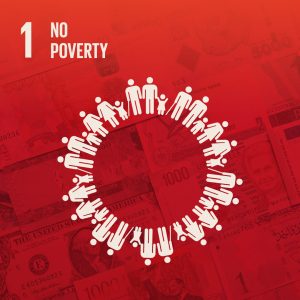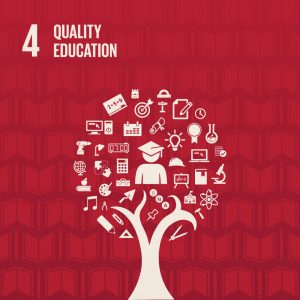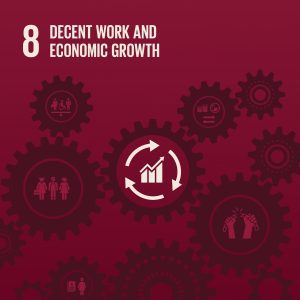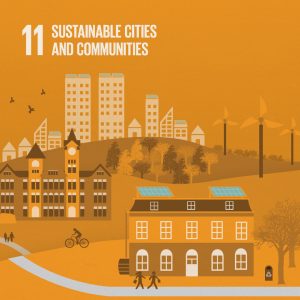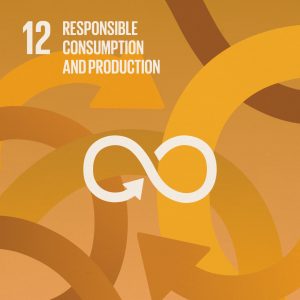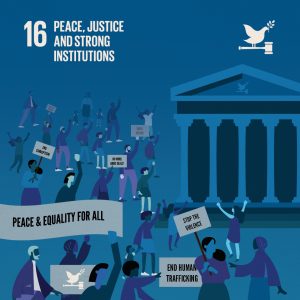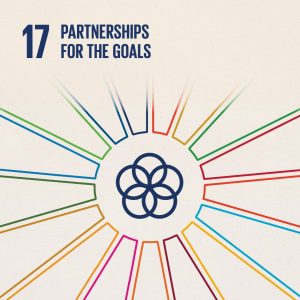By Randy Martin & Bella Wright
It is no secret that the city of Auburn revolves around the university. If you’ve ever been to a football game, you know that the entire town comes to a standstill as the Tigers battle it out on the field. Whether you attend the games or not, the event’s effect on traffic, grocery stores, and cell service is experienced across the city. Auburn University is an excellent example of an institution’s impact on its surrounding community. Without even trying, Auburn University sets the pace for the Auburn community.
While these impacts are typically seen at the individual level, institutions can harness its influence for community wide change. Auburn University can use its reach within the public space to promote sustainability. Intentionally engaging with local governments, non-profits, businesses, and other institutions can encourage involvement in creating a more sustainable city and campus. By using our financial and academic resources to build up local communities and solve real-world issues, our students can develop practical skills and foster creative solutions. This can deepen their understanding of real-world issues and contributes to their experience as professionals in the making.
Institutions have a wide reach in the places where they are located. Their impact on the area can be significant. Due to that, STARS* assigned the following United Nations Sustainable Development Goals (SDGs) to this category:
- Goal 1: End Poverty
- Goal 4: Ensuring inclusive and quality education for all and promoting lifelong learning
- Goal 8: Promote sustained and inclusive economic growth with full, productive, and decent employment for all
- Goal 11: Make cities inclusive, safe, resilient, and sustainable
- Goal 12: Ensure sustainable consumption and production patterns
- Goal 16: Promote just, peaceful, and inclusive societies
- Goal 17: Strengthen the means of implementation and revitalize the global partnership for sustainable development
Subcategories
- Community Partnerships: Partnership is essential to accomplishing broad goals. If we want to positivelyimpact the local community, we can’t do it without local partners. STARS awards points to institutions that have formal community partnerships that work to advance sustainability.
- Auburn’s Score: 3/3
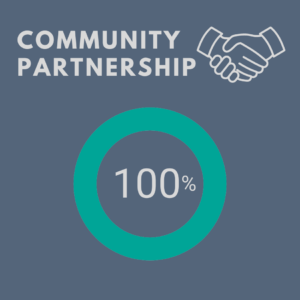
- Auburn’s Score: 3/3
- Inter-Campus Collaboration: Institutions all across the world are journeying toward sustainability. It‘s imperative that we share what we‘re learning along the way. Points go to institutions that are part of regional, national, or international higher education sustainability networks.
- Auburn’s Score: 3/3
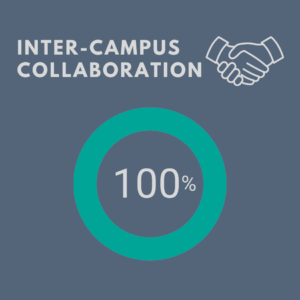
- Auburn’s Score: 3/3
- Continuing Education: Transitioning to a green economy will require learning as we go. As centers of education, there is no better place to train the future workforce. Not only the students but community members as well. Technical workers and tradespeople will need varied professional credentials as we implement and scale new technology. That is why STARS awards higher education institutions housing continuing education programs that help students and community members “obtain, perform, and advance their positions in green jobs.”
- Auburn’s Score: 5/5
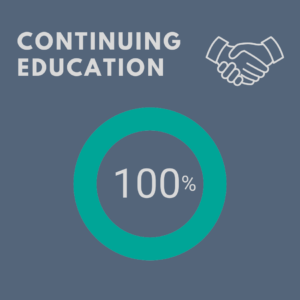
- Auburn’s Score: 5/5
- Community Service: Volunteerism and community service are crucial tools for institutions that want to be good public citizens. STARS awards any tangible contributions made by the institution to the community‘s well-being, such as food bank donations, invasive species removal, and tutoring programs.
- Auburn’s Score: 0.70/5
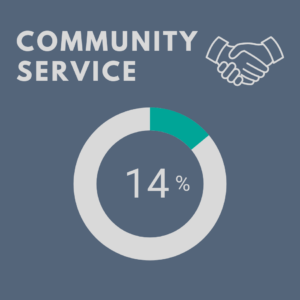
- Auburn’s Score: 0.70/5
- Participation in Public Policy: As some of the largest employers in their state, higher education institutions can have significant power within their communities. STARS awards institutions recognizing and using that influence to advocate for sustainable policies and legislation.
- Auburn’s Score: 0/2
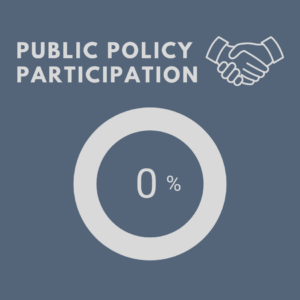
- Auburn’s Score: 0/2
- Trademark Licensing: If a shirt or shoe has the Auburn logo on it, it shouldn‘t be the product of unfair or child labor. By joining a monitoring and verification organization, institutions can ensure that their name and logo are never associated with or support unfair labor.
- Auburn’s Score: 1/2

- Auburn’s Score: 1/2
Reflections:
Auburn is doing its part as a local citizen but can do more. We’ve done a great job in three areas.
- Partnerships: We have multiple long-term partnerships in different sustainability spaces. We partner with organizations that work on environmental issues, hunger issues, food desert issues, and many more. As we grow, we should continue to partner with new organizations doing the work of sustainability day in and day out.
- Collaboration: We have been a part of AASHE for a decade and are a part of other regional consortiums focused on sustainability in higher education in the south, such as the Southeastern Campus Sustainability Network. Auburn takes seriously the role of partnership and communication with other universities, especially regarding sustainability.
- Coursework: Auburn has several hundred continuing education courses. 35% of those courses are sustainability-related, and a few are directly related to sustainability and renewable energy.
As always, we have opportunities to improve. UGA offers a good road map of how to begin to address some of our shortfalls:
- Advocacy: Initially, I thought this would be difficult for this university to engage in, but as I read more about how UGA engages in sustainable policy advocacy, it became clear that this is possible and might even be happening but unaccounted for. UGA is involved in Athens-Clarke County’s long-term strategic plan, advocating for transit options, bike lanes, and renewable energy. I believe that if this isn’t happening already, it certainly could be. Things like transit solutions, bike lanes, and zoning seem like low-hanging fruit that could increase the overall sustainability score of the university. All of these things could be open to our influence, especially since Auburn is such a small town in comparison to Athens.
- Fair Labor: We currently have a “Labor Rights Code of Conduct” in our trademark licensing agreements. While that is good, there is no way to be sure that our code is being followed without verification. Many schools have joined non-profit organizations, such as the Fair Labor Association (FLA), that verify manufacturers and vendors for fair labor practices. Licensees will have to go through verification and training to ensure fair practice if not already verified. Being a part of the FLA does cost money, but it would ensure that our trademarked items aren’t made through unfair practices.
With all of this in mind, Auburn is facing a multitude of unique opportunities to impact the future of our planet. Policy and/or institutional change is an uphill battle for major institutions. Auburn University is no exception. However, through student and community voices, we can raise awareness of the sustainability issues impacting our planet and advocate for meaningful steps forward.
*The Sustainability Tracking, Assessment, and Rating System (STARS) program is a self-reporting framework for institutions of higher education to track their sustainability performance created by the Association for the Advancement of Sustainability in Higher Education. Overall, STARS is made up of 211 possible points in 64 different subcategories. The subcategories are grouped by Academics, Engagement, Operations, and Planning & Administration. Additionally, participants may receive extra points for exemplary and innovative practices. In this summary, our score is shown over the amount of possible points for each credit. View Auburn University’s 2022 STARS Report for more details. \
Learn about the SDGs & AU and our contributions related to this post.

